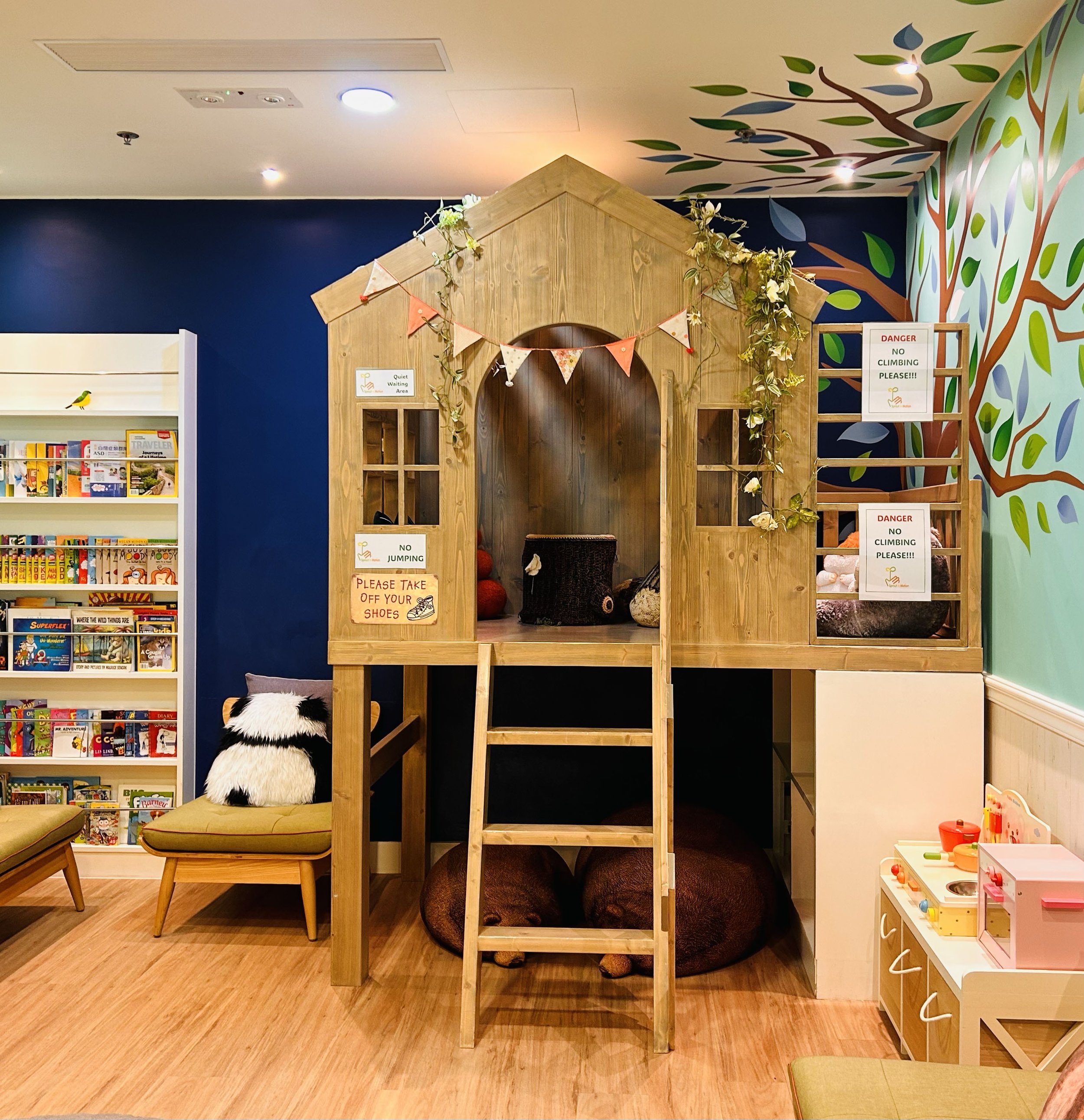Articles
Nurturing Understanding: Essential Tips for Teaching Sex Education to Teenagers with Autism
Sex Education for Teens with Autism | Supportive Strategies
Learn how to teach sex education to teenagers with autism using compassionate, age-appropriate strategies that promote safety, confidence, and understanding.
Toilet Training for Children with Autism: Effective Strategies for Parents
Toilet training can be challenging for children with autism due to communication barriers, sensory sensitivities, and routine changes. Discover expert-backed strategies, including visual schedules, reward systems, and professional guidance, to support your child's independence and success in mastering this essential life skill.
Untangling the Connection Between Social Anxiety and Autism: What Parents Need to Know
Social anxiety (SAD) and autism (ASD) both affect social interactions but have distinct causes. SAD stems from a fear of judgment, while ASD involves challenges in understanding social cues. Research shows up to 50% of children with ASD also experience social anxiety.
Early intervention is key! Treatments like cognitive behavioral therapy (CBT) help with anxiety, while speech and occupational therapy support social skills in ASD. A tailored approach can boost confidence and social success.
Latest Scientific Advancements in the Treatment of Autism
Autism Spectrum Disorder (ASD) treatment is evolving with exciting new advancements that promise better outcomes. From gene therapy and gut-brain research to innovative AI tools and brain stimulation, these cutting-edge approaches are transforming autism care. Learn about the latest developments in autism treatments and how they can improve the lives of individuals with ASD. Perfect for parents, caregivers, and educators seeking the most up-to-date information on autism therapies.
Understanding ADHD and Autism: Key Similarities and Differences Explained
Navigating the complexities of neurodevelopmental disorders can be challenging for parents and professionals alike, especially when distinguishing between ADHD and autism. While both conditions share overlapping symptoms, such as difficulties with attention and social interactions, they are distinct disorders that require tailored interventions. Understanding the nuances between Attention-Deficit/Hyperactivity Disorder (ADHD) and Autism Spectrum Disorder (ASD) is crucial for accurate diagnosis and effective support.
Tips To Managing Sensory Overload in ASD Children
Learn effective tips for managing sensory overload in children with Autism Spectrum Disorder (ASD). This guide provides practical strategies to identify sensory triggers, create calming environments, and utilize sensory tools. Discover how to establish predictable routines, encourage self-regulation techniques, and foster open communication. By understanding and addressing sensory sensitivities, parents can help their children navigate overwhelming situations and promote emotional well-being. Explore these essential parenting tips to support your child's sensory needs and enhance their daily experiences.
Explaining Your Child's Diagnosis of ADHD, ASD, and Other Neurodivergent Conditions
Receiving a diagnosis of ADHD, ASD, or another neurodivergent condition for your child can be both overwhelming and reassuring. It helps you better understand your child's unique strengths and challenges, but discussing it with them requires care and sensitivity. In this article, Dr. Minna Chau, Chief Child Psychologist and Founder of Sprout in Motion, shares expert advice on how to approach the conversation with your child, empowering you to support their development and promote self-acceptance.
Understanding the Benefits of Psychoeducational Assessments for Your Child
Psychoeducational assessments help parents understand and support their child’s learning and development. By identifying specific needs early, like reading difficulties or attention challenges, assessments enable targeted interventions, personalized learning plans, and exam accommodations, empowering children to thrive academically. Working with qualified professionals ensures reliable insights to guide effective support strategies for your child’s success.
How occupational therapist support a child with EF challenges?
Occupational therapists help children strengthen essential executive functioning skills like attention, emotional regulation, and impulse control. Through targeted interventions, they address sensory processing challenges, supporting children's ability to focus, manage emotions, and plan tasks—crucial for academic success and personal development.
7 Reasons Why Writing Composition is Hard for Your Child With Autism
Writing can be especially challenging for children with autism, often leading to frustration and problem behaviors. As writing demands increase around 3rd grade, these difficulties may manifest as refusal to work or even physical aggression. Understanding the root causes is crucial. This article explores seven reasons why writing is tough for autistic children, focusing on factors like fine motor skills, labeling, and organization. With targeted support and interventions, we can help create a more positive writing experience for these learners.
Navigating Smooth Skies: Tips for Families with Neurodiverse Travelers
Traveling by plane can be an exciting adventure, but for families with neurodiverse children, it can also present unique challenges. Navigating busy airports, enduring long flights, and managing sensory overload can be daunting. However, with thoughtful preparation, a compassionate approach, and the right strategies, families can embark on their journeys with confidence and ease. This blog will provide essential tips for ensuring a stress-free travel experience for neurodiverse travelers, from pre-flight preparations to in-flight strategies and building partnerships with airlines. By embracing these practices, families can create wonderful travel memories and make air travel a more inclusive and enjoyable experience for everyone.
The Power of Joint Attention: Enhancing Learning and Socialization in Children with Autism
Developing joint attention skills is vital for your child's learning, socialization, and overall development. By understanding the concept of joint attention and implementing strategies to promote it, you can support your child in building strong foundations for communication, social interaction, and cognitive growth. Remember to be patient, celebrate small successes, and seek guidance from professionals, such as behavior analysts and ABA therapists, who can provide tailored support for your child's unique needs. Together, we can empower children with autism to thrive and reach their full potential.
How to prepare your child with ASD for mainstream kindergarten
When children with autism grow up, parents may consider sending them to mainstream kindergarten. However, parents may worry about whether their child can adapt to school life, what difficulties they may encounter, and whether they will exhibit problematic behaviours such as crying or throwing tantrums. Alternatively, if the child is already attending kindergarten, parents may frequently receive negative feedback from teachers, despite their efforts to teach their child at home. All of these issues can cause great distress for parents.
Our Journey with PCIT
How Parent-Child Interaction Therapy (PCIT) Helped Me Regain Confidence in Managing My Child's Behavior
When I became a mother to my beautiful son, Shawn, I couldn't have been happier. However, as he grew, I noticed that his behavior was becoming increasingly challenging. At four years old, Shawn was often uncooperative, defiant, and seemed to struggle with self-control. As a young mother, I felt unsure of how to handle these issues and began to lose confidence in my ability to manage Shawn's behavior effectively.
What is twice exceptional?
Twice exceptional, also known as 2e, refers to individuals who are both gifted and have a learning or developmental disability. These individuals have exceptional abilities or talents in one or more areas, such as academics, creativity, or leadership, but also have a disability, such as ADHD, dyslexia, or autism, that can hinder their ability to learn and function in certain areas.
Characteristics of learning disabilities that can hide in plain sight
Teachers are often the first to notice that a child has a learning disorder. Sometimes the signs are easy to spot, like a student who’s way behind in reading. Or a child who’s working hard but just keeps failing tests. But sometimes the signs are harder to see. And that can mean kids who need help don’t get it.
What are executive functions? What impact does the strength of executive function have on children?
「我的孩子很聰明,但怎麼這麼散漫呢?」「我的孩子明明反應很快,做事卻總是落後別人,問題到底在哪裡?」



















